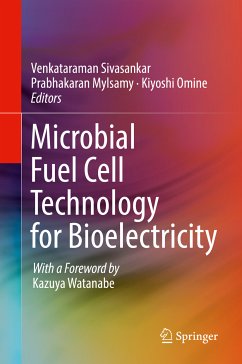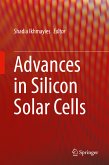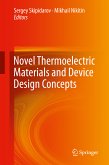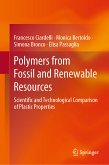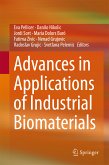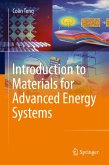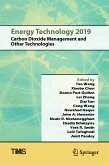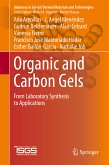In view of the increased consumption of energy due to the proliferation of electronic devices, this book addresses the trends, similarities, differences and advances in fuel cells of both chemical and biological composition. Fundamentals of microbial fuel cells are described, accompanied by details surrounding their uses and limitations. Chapters on electricigens, microbial group investigations and performance, Rumen Fluid microbes and state-of-the-art advances in microbial fuel cell technology are discussed. The book elaborates upon analytical techniques used for biofilm characterization. It also includes chapters on MFC models that include plant-based MFCs, Algal/Fungi MFCs, MDCs and MFCs using animal waste. A critical review on the performance of MFC technology in field trials is offered in an exclusively dedicated section. By addressing one of the most promising sources for clean and renewable energy, this book fills a pressing need to understand a possible solution for meeting the energy demands in our highly advanced technical world.
Dieser Download kann aus rechtlichen Gründen nur mit Rechnungsadresse in A, B, BG, CY, CZ, D, DK, EW, E, FIN, F, GR, HR, H, IRL, I, LT, L, LR, M, NL, PL, P, R, S, SLO, SK ausgeliefert werden.

